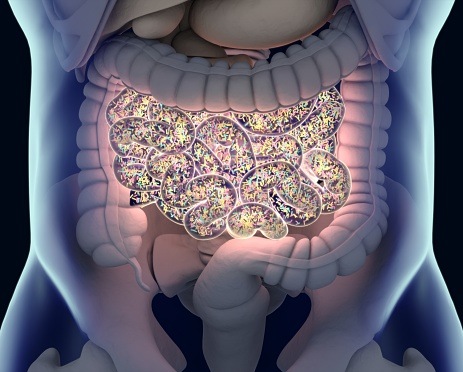
The double-blind, phase 3 COMPASSION-15/AK104-302 trial sought to determine the potential survival benefits of cadonilimab plus oxaliplatin and capecitabine for patients with untreated, advanced gastric or gastroesophageal adenocarcinoma, irrespective of PD-L1 status.
Results were presented at the American Association for Cancer Research Annual Meeting 2024 by Jiafu Ji, MD, PhD.
The trial included 610 patients with untreated, unresectable, HER2-negative, locally advanced or metastatic gastric or gastroesophageal cancer. Participants randomly received cadonilimab 10 mg/kg plus capecitabine 1000 mg/m2 or oxaliplatin 130 mg/m2 (n=305) or placebo plus chemotherapy (n=304).
The primary end point was overall survival (OS) in the intention-to-treat population (ITT). Secondary end points included OS in patients with a combined positive score (CPS) of 5 or higher, safety pharmacokinetics, health-related quality of life, and antibody-drug antibodies.
Patients in the ITT population who received the combination treatment experienced an OS rate of 15.0 months (95% CI, 12.3-19.3), while those in the placebo cohort had a median OS of 10.8 months (95% CI, 9.8-12.0).
For those with a PD-L1 CPS of 5 or higher who received the combination therapy, the median OS was not achieved (95% CI, 11.4-not estimable), while those who received the placebo had an OS rate of 10.6 months (95% CI, 8.8-12.8). The OS rates at 18 months were 51.2% and 23.5%, respectively.
In the combination arm, patients with a PD-L1 CPS less than 5 (n=157) had a median OS of 14.8 months (95% CI, 11.8-18.8), while those in the placebo arm had a median OS of 11.1 months (95% CI, 10.1-13.0). The OS rates at 18 months were 44.1% and 27.5%, respectively.
“These findings may change the current practice of gastric cancer treatment,” said Dr. Ji. “Cadonilimab combined with chemotherapy could become a new standard of care in first-line treatment of gastric cancer, even for patients with low PD-L1 expression.”

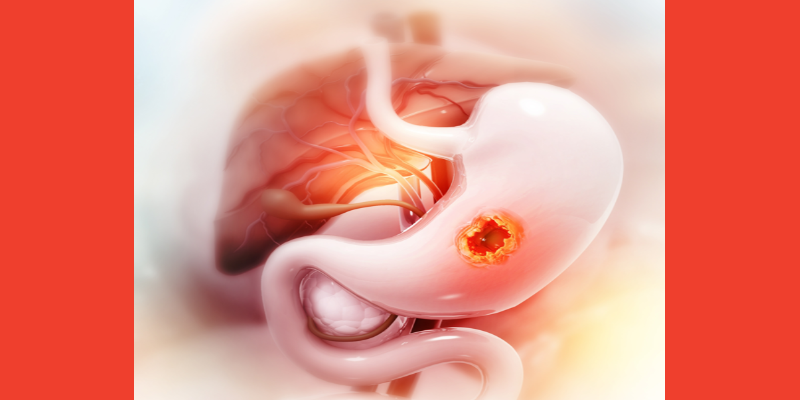
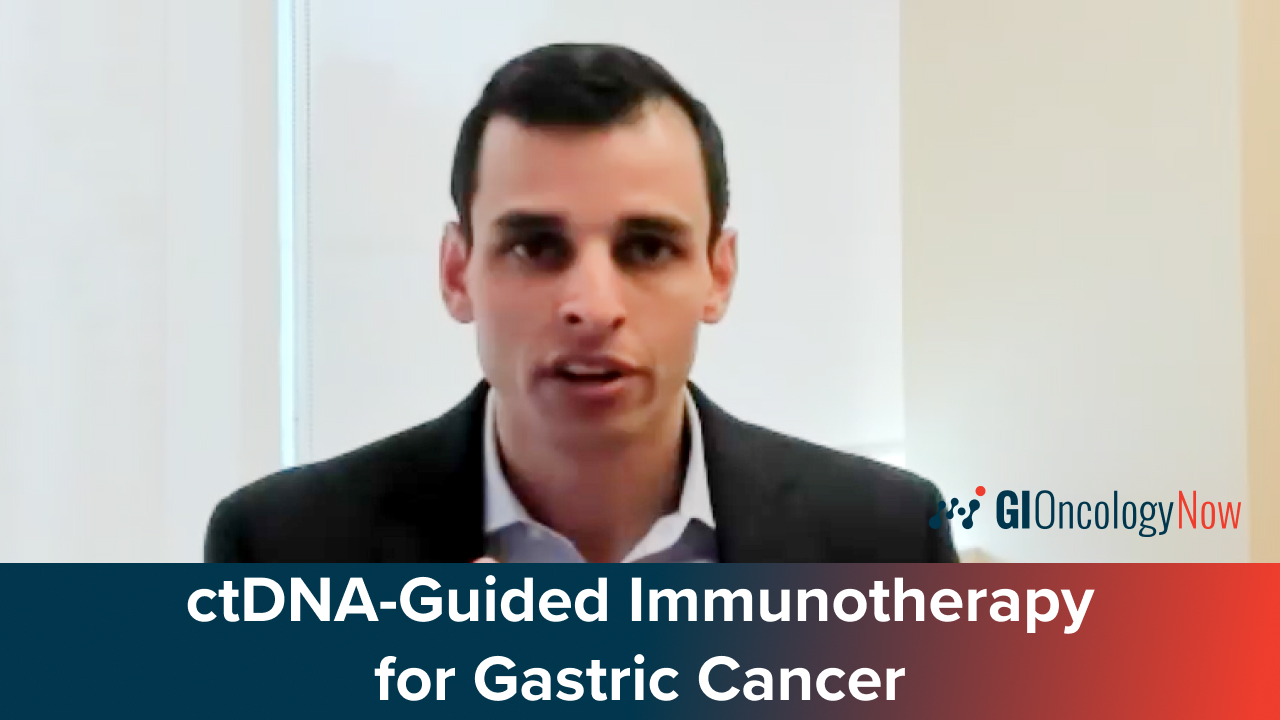
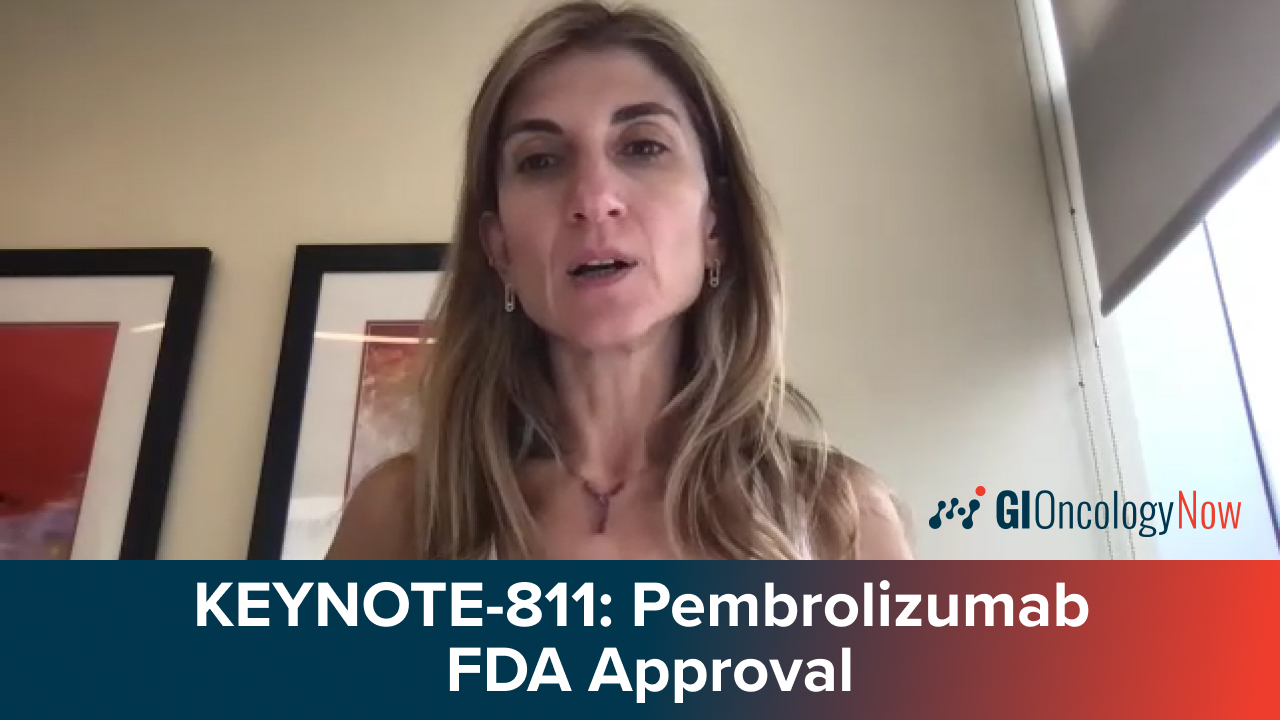

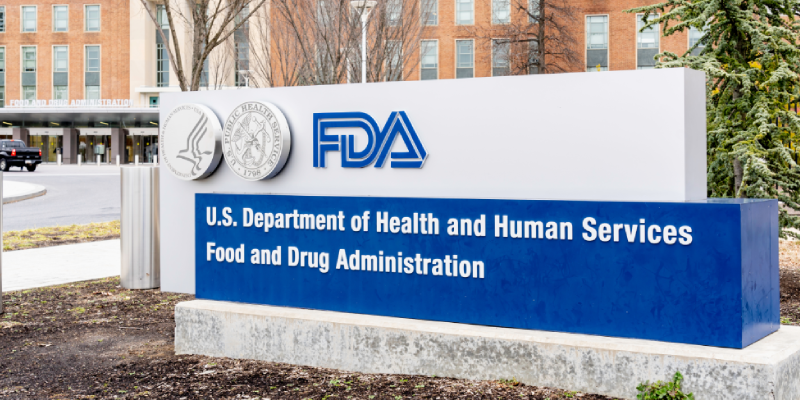

 © 2025 Mashup Media, LLC, a Formedics Property. All Rights Reserved.
© 2025 Mashup Media, LLC, a Formedics Property. All Rights Reserved.